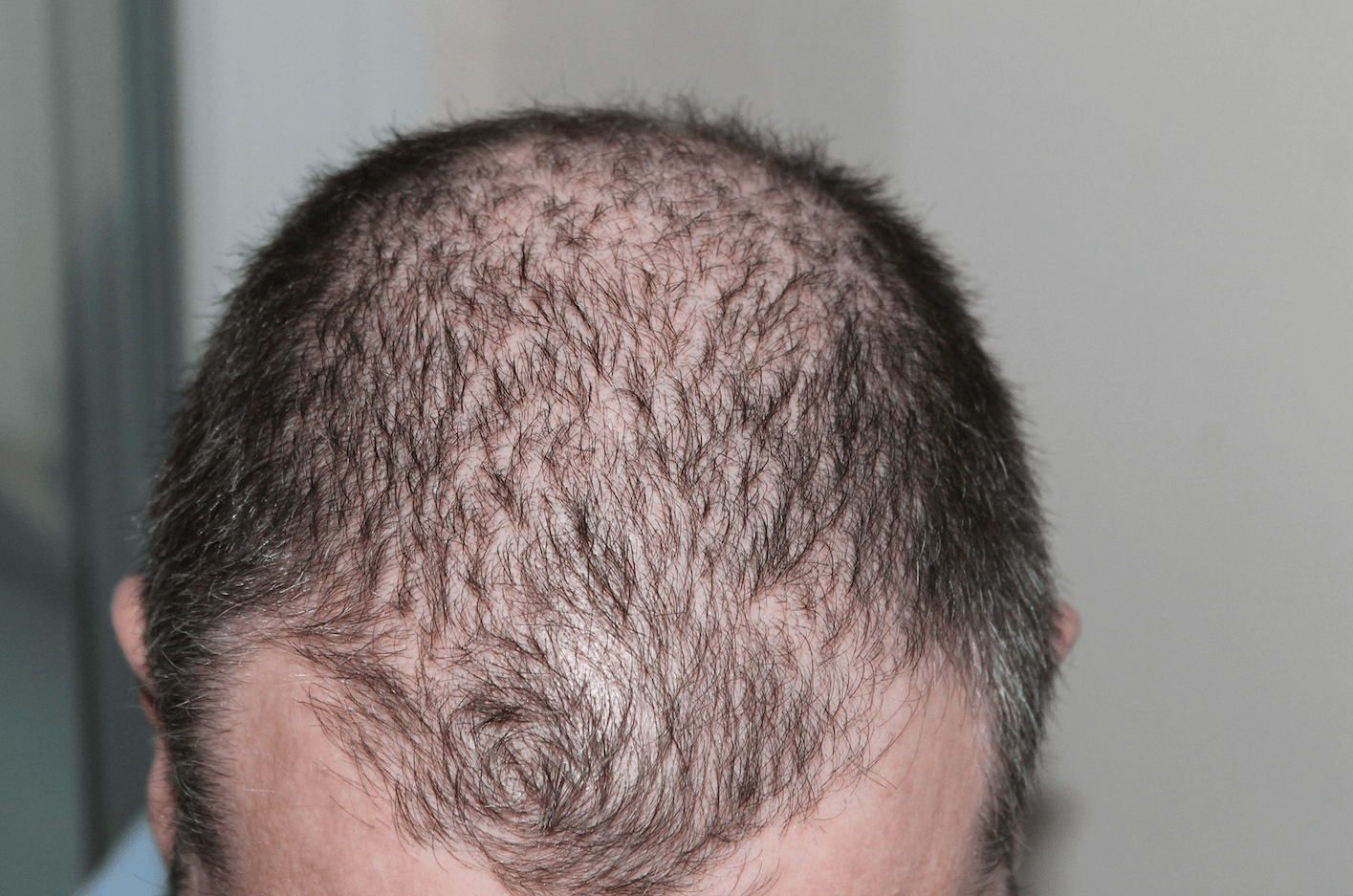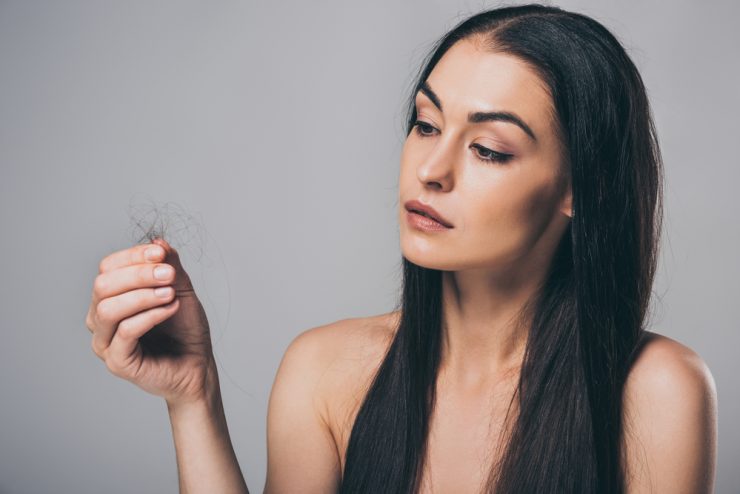Hair loss, whether you are male or female, can be distressing whatever age you are. But it does not mean that you are going bald, and it could affect just your scalp or your entire body. Causes include a genetic tendency to it, hormonal changes, medications or medical conditions.
Hereditary hair loss as we age is the most common cause of baldness, and whilst some may embrace it fully, others will disguise it with hairstyles, make-up, hats and scarves or decide to treat it to try to stop it and restore growth.
Male hair loss
25% of men begin to go bald by the time they are thirty years old, and it generally takes up to 25 years to go bald, although some men go bald in under five years. However, if the hair loss is in a regular receding pattern, mainly from the temples and the crown, you could have male pattern baldness. Or you could have alopecia, which causes hair to fall out, and is triggered when the immune system attacks the hair follicles. Hair loss could be on the scalp, eyebrows, eyelashes and face and could develop slowly and/or recur between attacks.
Hair loss – the causes
People generally lose about 100 hairs a day and doesn’t usually cause thinning of scalp hair because the new hair is growing at the same time. Hair loss occurs only when this cycle is disrupted or where the follicle is destroyed and replaced with scar tissue. Male pattern baldness is usually caused because your body is becoming more sensitive to the male sex hormones, androgens, and the extent it affects individuals is hereditary.

Some hair loss is caused by stress, illness or surgical procedures or scalp infections and in these cases is not always permanent. Radiation therapy can also cause hair loss, and certain hairstyles and treatments that pull the hair tight such as pigtails or cornrows can cause traction alopecia.
The signs of hair loss
The signs of hair loss include gradual thinning on the top of the head – age is the most common cause, with men’s hair often receding from the forehead and women’s mainly retaining the hairline but having a broadening in the parting in their hair. Some people have small, round bald spots, usually in the scalp but sometimes also in beards and eyebrows. Sometimes the skin may itch before the hair begins to fall out and occasionally if someone has a shock, either physical or emotional, it can make the hair loosen, with handfuls of hair coming out when combing or washing it.
Can hair loss be stopped?
Sometimes hair will re-grow, for instance, after chemotherapy or an illness that has caused it to thin. There are things on the market that can help block, slow and sometimes stop it, such as minoxidil and finasteride, and there are also laser treatments available, too, plus special shampoos. Consult your doctor if your hair loss is causing you distress.













